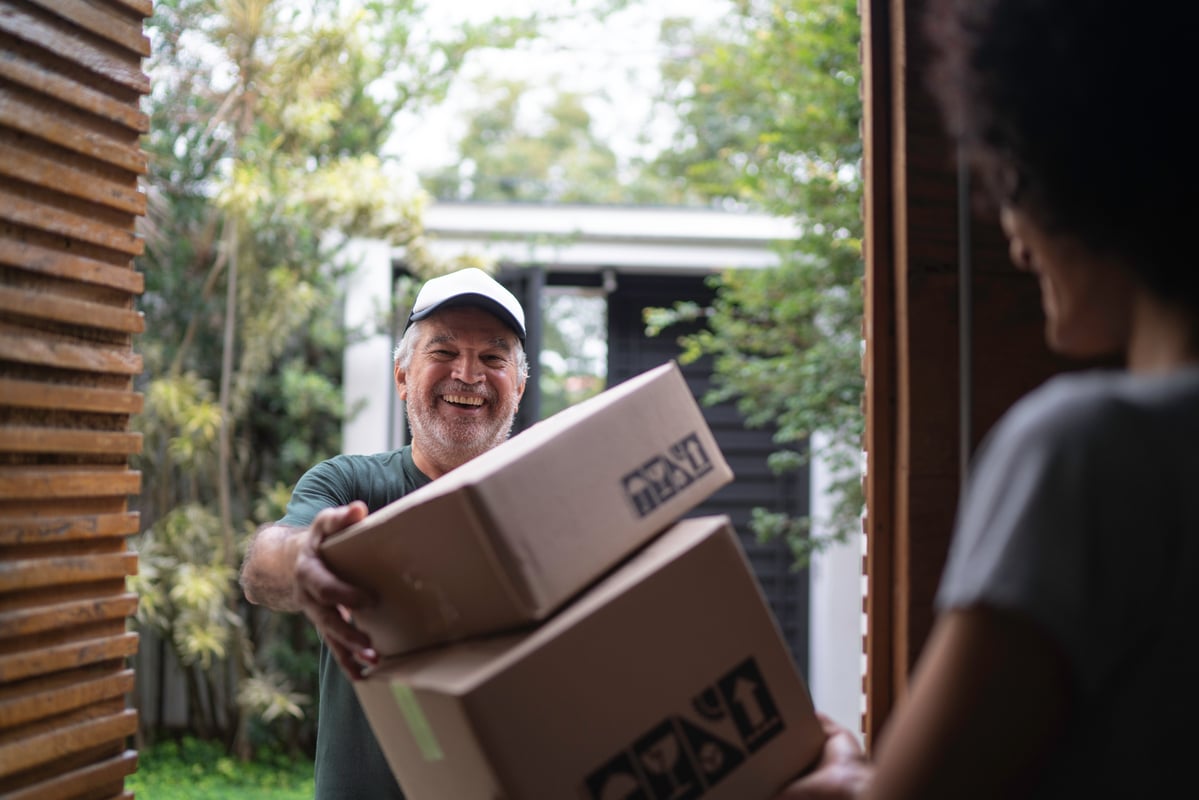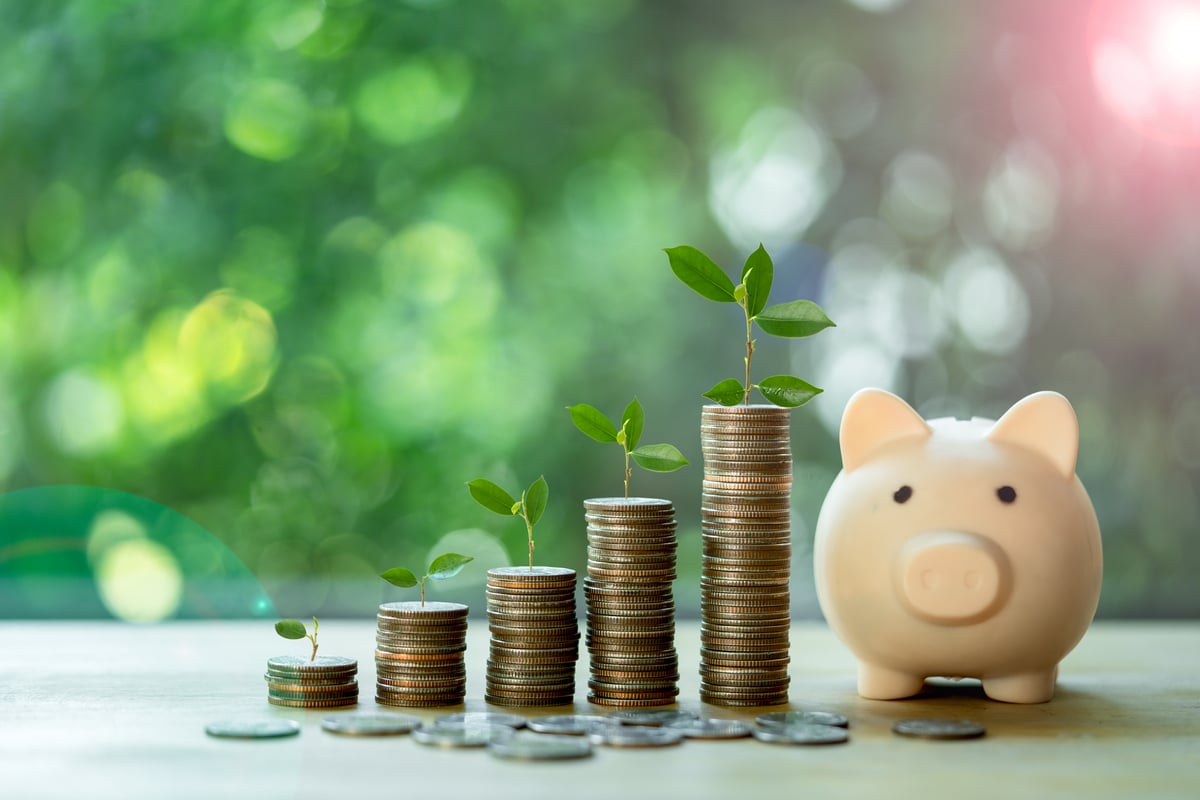If you heard management speak at United Parcel Service's (UPS +0.47%) latest conference call, they sounded very upbeat about Europe. This might be surprising because although the region's economy is slowly waking up after the recession, it could take some more time before the pace of growth gathers steam. In the first quarter, the eurozone grew just 0.2%. So what warrants the kind of enthusiasm that was audible in the words United Parcel's top bosses?

Source: Flickr
Better trade prospects and growing optimism
The European Central Bank, or ECB, is formulating several reforms in its monetary policy to fuel economic growth. These could include cutting the interest rate, imposing negative interest on banks for holding excess cash, and offering loans to banks at reduced rates. The ECB meets on June 5 to announce these economic stimuli. The reforms could trigger an influx of fresh investments and drive trade -- something that could boost demand for delivery services.
United Parcel entered Europe three and half decades back in 1978, and derives more than half of its international revenue from there. It has the second-largest market share in the European delivery market after German delivery giant Deutsche Post (DPSGY +0.38%), and stands to gain from this development. The chart below shows the market shares of the major players in the European delivery market.
Courier market share in Europe

Source: Deutsche Post Investor Presentation May 2014.
United Parcel's confidence in Europe is shared by domestic rival FedEx (FDX +0.23%). FedEx is in an expansion mode and recently hit a milestone by opening the 100th station in Spain to widen its local reach in Europe. Currently, the Tennessee-based courier major is in the second phase of expansion where it's more focused on enhancing its capabilities by widening network and offering more customer solutions.
Exploding e-commerce
Europe's offering a huge opportunity in e-commerce. The following stats compiled by Ecommerce Europe, an association of more than 5,000 e-retailers, provide some good insights about the growing popularity of e-commerce in the continent:
- Around 820 million people live in Europe of which 25% are e-shoppers
- Average spending per shopper is roughly 1,450 euros
- Total B2C e-commerce sales in Europe grew 16% to 359 billion euros in 2013
- There are approximately 550,000 online businesses
- Approximately 3.5 billion parcels are delivered annually
To tap this opportunity United Parcel has made big investments and acquisitions. It acquired Brussels-based Kiala in 2012. The Kiala network provides a platform that enables e-commerce retailers to deliver products at retail spots known as access points that are convenient for customers. Kiala's technology combined with the United Parcel's strong transport network has given the latter a good edge in the e-commerce segment.
The company plans to increase the number of access points to 3,000 each in the U.K. and Germany. France already has 4,200 access points. According to Ecommerce Europe, these three countries account for 79% of Europe's total e-commerce sales.
Growing intra-European export
Foreign direct investments, or FDIs, have started increasing in Europe and according to a study by Ernst & Young, FDIs totaled 223 billion euros in 2013, 25% higher than 2012. Intra-European investments accounted for more than half of the total FDIs, up 4% from previous year. This is boosting shipments between European countries and fueling demand for courier services.
United Parcel has 450 facilities with around 8,700 delivery vehicles and more than 200 planes for intra-continental delivery. In the last fiscal year, the company's daily average package volume increased by 6.4% to 1,034,000, primarily backed by the growing volume of intra-European trade. Even in the latest first quarter, its sales from intra-European exports grew more than 15%. This drove a 5% increase in U.S. logistics giant's international revenue to $3.1 billion during the period.Sensing the opportunity, United Parcel has spent $200 million to increase capacity in its air hub facility located in Germany by 70% to 190,000 packages per hour. Cindy Miller, President of UPS Europe, said "With this upgrade, we now have the equivalent of 15 football fields of sorting space for a growing export economy on the move".
In a similar move Deutsche Post also intends to invest in delivery infrastructure and double its existing capacity at Leipzig, Germany. After the unit is operational, the company plans to churn out 150,000 packages an hour.
Foolish last words
United Parcel's commitment to Europe was put into words by CFO Kurt Kuehn at the latest earnings call when he said, "Europe's here to stay." Although the GDP growth is taking time to pick up, better trade prospects, growing e-commerce, and increasing FDIs are making Europe a sought after destination among delivery companies. United Parcel is consolidating its strengths in the continent through acquisitions and capacity additions, and is well prepared to capitalize on these developments.








